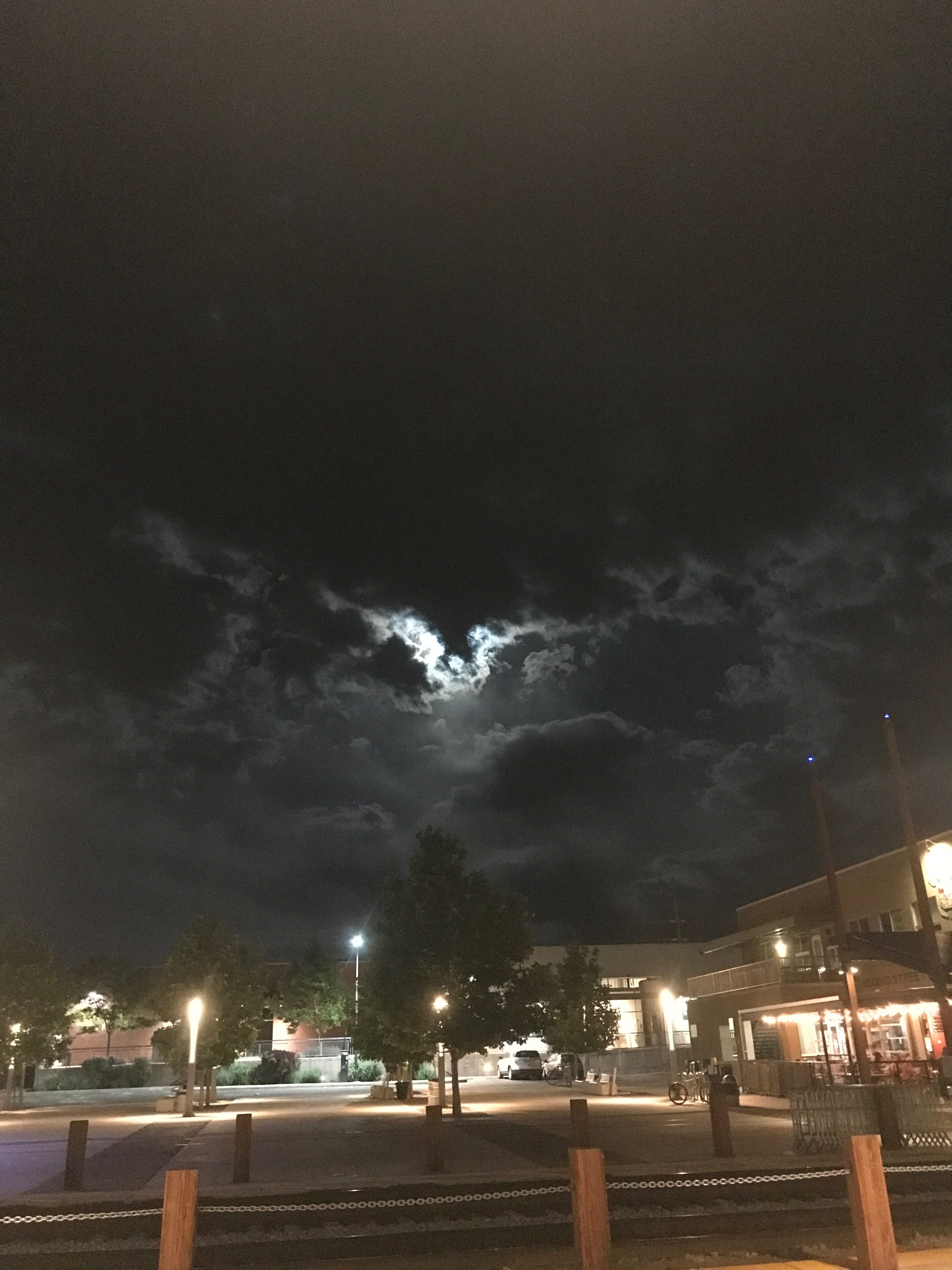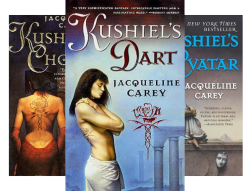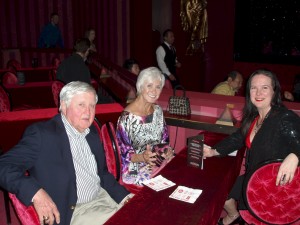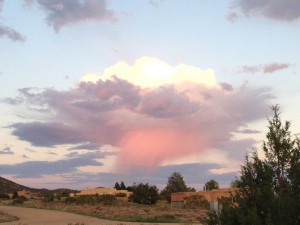
The cholla have started to bloom and their intense pink is startling against the sere desert landscape. This plant was backlit by the setting sun and I wanted to capture the way it glowed in the light. I got about halfway there, I think.
So, I have a story to tell you all today with two take-home messages.
Recently at a conference, I was having drinks with a couple of friends, when an aspiring writer sat down with us. Though she and I knew each other glancingly, she was good friends with the other two gals. So, she proceeded to catch them up on her efforts towards publication. She reported that the agent she’d been going back and forth with and just rejected her latest submission. She was understandably upset and frustrated.
Lord knows, we’ve all been there.
She went on to say that one of the agent’s issues was that the heroine wasn’t likable. And the writer said, “but my heroine is me, so there’s nothing I can do about that.”
Okay – some of you may be rolling your eyes at this point, but I had a lot of sympathy for her in this, because I’ve been there. In face, A LOT of us have been there. It’s surprisingly (to me) common for the protagonist of a writer’s first novel to be avatar of the writer herself. (I don’t really know if the guys do this, too, but I’ve heard it over and over from the women.) Worse, we all thought at the time that this was a great idea.
In other words, it’s a classic newbie mistake.
While it’s not horrible in itself to use yourself as a foundation for a protagonist – it’s an extension of “write what you know” – the crucial problem is exactly what’s going on here. When your heroine is YOU, then you don’t have perspective on how she appears on the page. If someone – especially and industry professional – says they’re concerned that your character is unsympathetic, you have to be able to look at the characterization and make the needed adjustments. The moment you decide that this character is you, then that advice becomes a personal insult. As if somehow YOU are unlikable.
And this is really not the case.
(Okay, maybe it is, but that’s beside the point.)
When you portray a character in a story, it’s impossible to say everything about that person. A human being is a complex assortment of characteristics. Even after many years, we don’t know everything about each other. Anyone who’s been in a 20+ year marriage/partnership can raise your hand now. When we write, we CHOOSE certain things to define our characters. A particular gesture. A haunting moment from their past. A certain quirk about public transportation. The skilled writer finds these key characteristics to create the person in the reader’s mind. Once the reader understands that person, they sympathize.
This is a primary goal for the writer. The reader has to be on board with the protagonist. Even with a difficult or unreliable narrator – I’m thinking of Amazing Amy in Gone Girl, for example – the book works because we get her thought process. The first part of the book establishes our sympathy with her.
With ourselves as the protagonist, there are at least two problems with accurate characterization. First, very few, if any, of us can see ourselves objectively enough to create an accurate image. Second, we see ourselves from the inside-out, which doesn’t allow for a clear picture of the outside-in.
Maybe those are the same things.
Still, the first take-home message is: don’t make your heroine your avatar. Even if you start there – as most of us do – then change her up. You might have to give her characteristics that are the opposite of you, just to create that distance.
So, there we were, listening to this gal vent and I finally said I had a couple of pieces of advice for her, if she wanted them. She nodded, but became immediately distracted. She ended up not hearing my advice at all, which was fine. The first piece was what I’ve told you all here – and it’s entirely possible she wasn’t ready to hear it.
The second piece of advice concerned the agent she was wanting work with, which is something I’d never put in any form of writing. The only time I’d ever offer someone that kind of input is in a situation like that – among friends, with plausible deniability.
This is one reason to go to conferences or other real life events – because people will tell you things in person that they wouldn’t be caught dead committing to the public record.
Now, I know I’m not a Fancee Writer. I have no illusions there. I don’t have books on the big bestseller lists (yet!) and I’m low on the totem pole. However, I am ON the totem pole. I have a few years of experience as a published author in the industry. I know a lot of things I didn’t when I started out. So, that’s my second take-home message: if someone like me offers you advice, it’s worth listening to. You don’t have to take it. In fact, it’s better not to take any advice without proper scrutiny. But give it a listen. Especially that in-person, twixt-thee-and-me bar conversation. You’ll learn things there you’ll never learn anywhere else.
And here’s a bonus piece of advice, should you care to consider it, 😉 if you find me at a conference or other event, I will likely give you unvarnished, honest advice of the sort I’d never put online. I’m happy to do that because other writers did it for me. We’re all in this boat together.
Grab an oar and climb on board!
Have a great weekend, everyone.
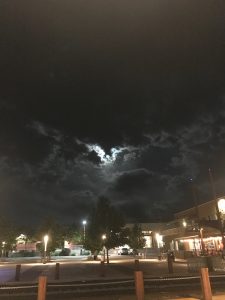 I was trying to get the moon in the clouds last night, but this ended up looking like an avenging angel swooping in over the Santa Fe Railyard.
I was trying to get the moon in the clouds last night, but this ended up looking like an avenging angel swooping in over the Santa Fe Railyard.